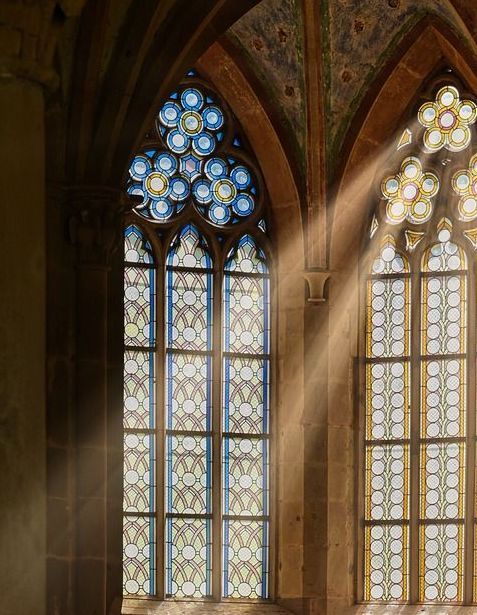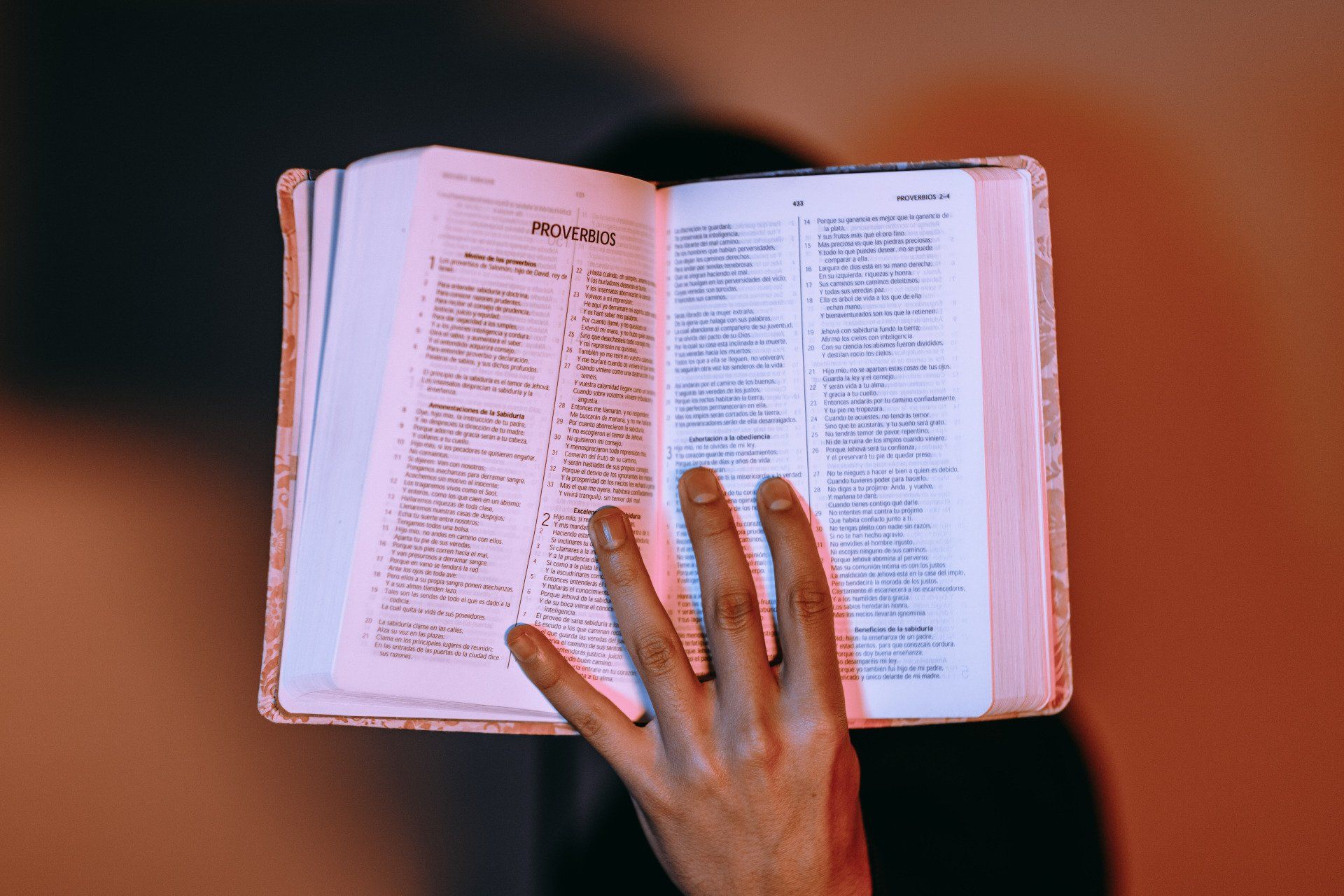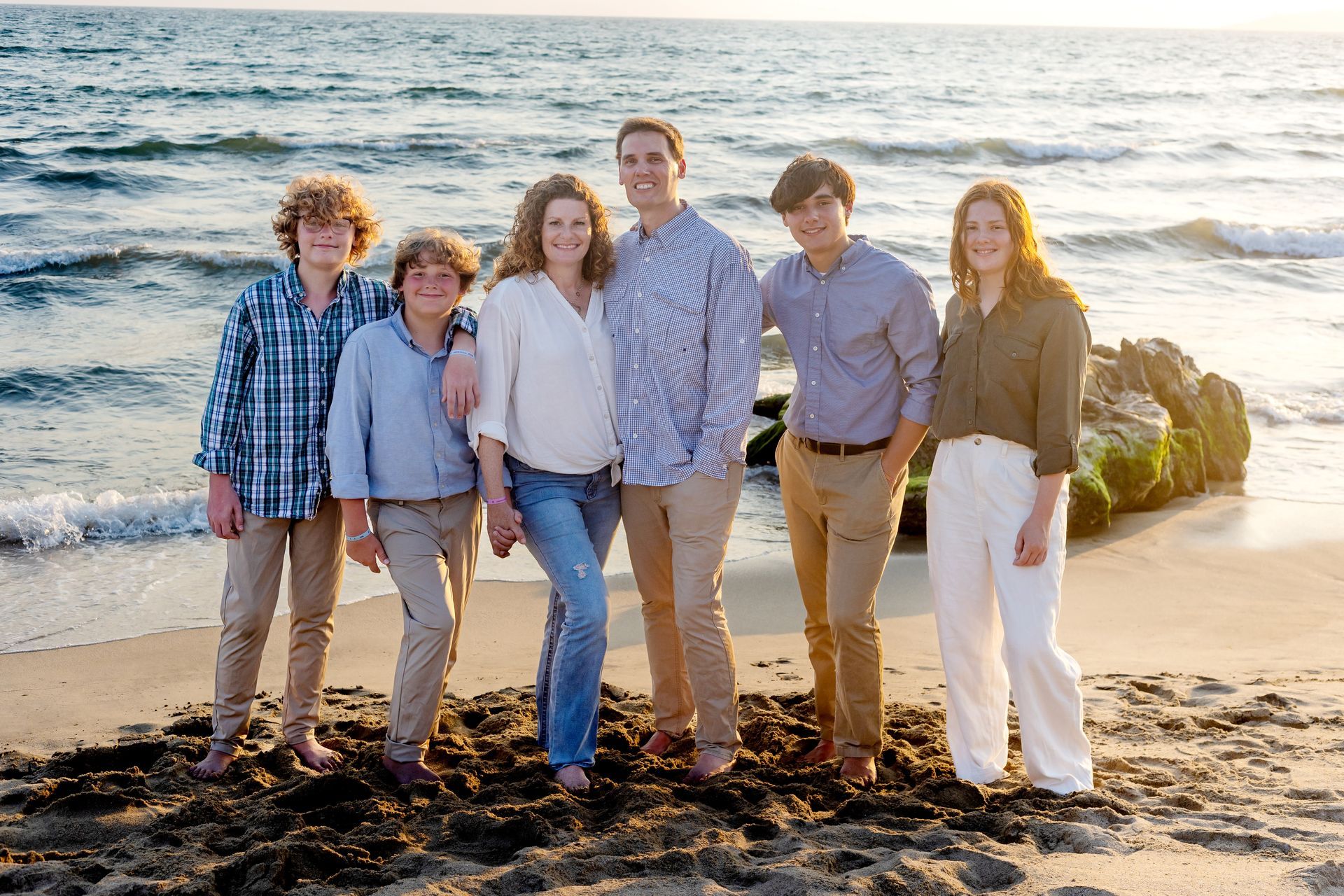Fostering Charitable Boundaries in Relationships
Caroline Sholl • July 24, 2025
The body content of your post goes here. To edit this text, click on it and delete this default text and start typing your own or paste your own from a different source.

At the end of every appointment, I have my clients pick a Scripture verse, I call it their “anchor verse” for the week. They pull a random card from a deck of 100 with beautiful angel paintings on them, each with a unique Scripture verse on the other side. It's usually how the Holy Spirit puts the exclamation point on our time together. Well, this experience with the Scripture verses had me jumping out of my chair! It unfolded slowly, involving five of six clients in a row over two days. It started with a male client when he pulled his anchor verse. “A friend is one who loves at all times, and a brother is born for a time of adversity.” – Proverbs 17:17 It confused me at first, trying to understand the difference between a friend and a brother. We talked about it a little bit and how it applied to his life. My next appointment was with another man. He pulled the same Bible verse even though the deck had been shuffled. Interesting... I now understood the verse a bit more, that a brother born for a time of adversity is the person who enters into the battle with you. They are a next-level friend. They are your Battle Buddy , part of your army platoon. I feel like I am this client’s Battle Buddy, and even said to him in full excitement, “Let’s gooooooo!” Appointment #3. I shuffled the deck, and yet, he pulled the exact same Bible verse! Holy Spirit, what are you doing?? I started paying closer attention. What are the odds of three in a row? This was the last appointment for the day and gave me much to think about. The next morning, I came in early and freshened up my office. I shuffled the deck, chuckling to myself. Appointment #4 with a couple. Time for the verse. The client read Proverbs 17:17. Again! I couldn’t believe it. The Holy Spirit was clearly at work. I said, “I’m your Battle Buddy, you are each other’s Battle Buddy, and we are going to fight for this marriage.” Appointment #5 was my first appointment with a new female client. It was time for her to pull a verse, and she… broke the streak. Her verse was the Bible verse for WayMaker Ministries, which is Jeremiah 29:11. “For I know the plans I have for you … a future full of hope.” It was the perfect confirmation not only for her story, but for my calling. I know these Scripture cards aren’t supposed to be about me, but God does speak to me through their verses at times. Appointment #6 was a male. I didn’t expect anything at this point. Silly me. He. Pulled. The. Same. Proverbs 17:17 verse! I just couldn't believe it. I told him everything that had happened over the past two days and explained the verse. I was his Battle Buddy, and more importantly, another prominent person in his life was his life-long Battle Buddy. “Grief work!? Let’s gooooooo!” (My clients and I have a sense of humor together at times, even with grief work.) Here’s another wild fact: four of the five who pulled that verse share a similar experience that specifically related to the Battle Buddy image. All five were men. Holy cow! Or rather Holy SPIRIT! What are the odds of that happening? Next to none. The odds of having five out of six clients pull the same verse out of a deck of 100 unique cards is 1 in 16.8 MILLION!!!! Think back to the image of the Battle Buddy. Ultimately, Jesus is our true, life-long Battle Buddy. He walks with us in adversity, in grief, in confusion, in hope, and in love. I get the privilege of walking arm-in-arm with my clients into their battles BUT with Jesus as Captain. But wait, there’s more! Just when I thought the story was finished, God added one more confirmation for me. The following weekend, I attended my annual Holy Spirit women’s retreat where a woman prayed over me. She hesitated before sharing what she saw, thinking she’d lost her mind… “I see you on your belly doing an army crawl, arm over arm, under barbed wire. Does that mean anything?” I almost fell over. Yes! It meant everything! She saw me in the battle! I’m still processing what the Holy Spirit is doing not only in my clients but also in me. Watching the Divine Counselor at work is breathtaking. His love is fierce, intentional, and relentless. He is the ultimate and constant Battle Buddy. Y’all, we hit the Jesus jackpot. We are Jesus millionaires!

What Is an Evangelical or Charismatic Catholic? When people hear the word "Catholic," they often think of ancient rituals, solemn liturgies, and quiet reverence. While that’s certainly part of the beauty of Catholicism, there’s also a vibrant movement within the Church that looks and feels very different— Evangelical and Charismatic Catholicism . So what exactly does that mean? Evangelical Catholicism: A Heart for the Gospel Evangelical Catholics are deeply committed to sharing the Good News of Jesus Christ . The word evangelical comes from the Greek word euangelion, which means “gospel” or “good news.” Evangelical Catholics prioritize: The sacraments A personal relationship with Jesus Regular reading of Scripture Living out and sharing their faith A heart for missionary work and evangelization They don’t see faith as something passive or private—it’s something alive and worth proclaiming. That being said, Charismatic movements must be grounded in and obedient to the authority of the bishops and the Pope. Without this grounding, there’s a risk of slipping into individualism or doctrinal confusion, which is a concern that’s arisen historically with some charismatic expressions. Charismatic Catholicism: Empowered by the Holy Spirit Charismatic Catholics place a strong emphasis on the gifts of the Holy Spirit —including healing, prophecy, and speaking in tongues—as described in the New Testament (see 1 Corinthians 12). Their worship often includes: Contemporary music and expressive praise Prayer meetings or healing services A deep openness to the movement of the Holy Spirit Laying on of hands and spontaneous prayer Many people describe the Charismatic Renewal as a “personal Pentecost”—an experience of God’s love that brings renewal, joy, and boldness. The outward form of worship deeply affects the inward form of belief. If liturgy becomes too casual, theatrical, or focused on emotion, it can weaken reverence for the Real Presence in the Eucharist or the solemnity of the Mass. Still Fully Catholic It’s important to note: Evangelical and Charismatic Catholics are not outside the Church—they are fully Catholic . They attend Mass, receive the sacraments, and uphold Church teaching. They simply express their faith with a greater emphasis on personal encounter , joyful worship , and active evangelization . Catholic spirituality is not only about high-energy worship or speaking in tongues—it also includes fasting, silence, sacred art, Gregorian chant, and reverence for the saints. These elements nourish the soul just as deeply and are a rich inheritance not to be downplayed. A Bridge Between Traditions Interestingly, many Evangelical and Charismatic Catholics find common ground with Protestant brothers and sisters—especially those from Pentecostal or non-denominational backgrounds. They may even say things like, “I’m Catholic, but I worship like a Baptist.” In this way, they serve as a beautiful bridge between Christian traditions. While a personal relationship with Jesus and the experience of the Holy Spirit are important, Catholicism teaches that grace is most profoundly and reliably dispensed through the sacraments—especially the Eucharist. Faith must be rooted in the sacramental and liturgical life of the Church, not just in emotional experiences. Catholic worship is not merely a stylistic preference—it’s theologically rich and sacramentally oriented. While Protestant-style worship may feel vibrant, it risks overlooking the liturgical structure, sacred tradition, and Eucharistic centrality that define Catholic spirituality. Charismatic Catholicism can bridge the two. Final Thought Evangelical and Charismatic Catholics remind us that Catholicism is not just a religion—it’s a relationship with the living God . Rooted in tradition, empowered by the Holy Spirit, and passionate about the gospel, they bring a fresh fire to the timeless faith.

I was so moved by the readings at Church three consecutive days this week... In the Gospel on Sunday, Jesus tells Martha that Mary has chosen the better part to sit at his feet and be still. The following day, in the first reading, Moses says to the Israelites who were being pursued by the Egyptions, "The Lord himself will fight for you; you have only to keep still." It's such a clear call to be still and know who our God is! The following day, the reading quotes St. Paul saying, "Whoever is in Christ is a new creation: the old has passed away; behold, the new has come." What does all of this tell us about the heart of Jesus? These three powerful scriptures—spoken by Jesus, Moses, and Paul—reveal something profoundly beautiful and consistent about the heart of Jesus: 1. His Heart Desires Relationship, Not Just Activity (Luke 10:38–42) “Mary has chosen the better part, and it will not be taken from her.” Jesus gently reminds Martha that her service, while good, is not the better part. The better part is found in stillness, in presence, in relationship. This tells us that Jesus doesn’t just want our work—He wants us. His heart is tender, inviting, and relational. He delights in those who choose to sit at His feet, to be with Him. 2. His Heart Is Protective and Strong, Even When We Are Still (Exodus 14:14) “The Lord himself will fight for you; you have only to keep still.” When the Israelites were terrified and trapped, God didn’t tell them to strategize or run harder—He told them to be still. Again, be still. They didn't need to do anything for Him to protect them. This reveals a heart that fights for His people, that defends, protects, and saves. Jesus doesn’t expect us to win our own battles; He wants us to trust that He will go before us. His heart is full of mercy and might, and He longs to carry our burdens. 3. His Heart Brings Restoration and New Life (2 Corinthians 5:17) “If anyone is in Christ, he is a new creation. The old has passed away; behold, the new has come.” The heart of Jesus is not content to leave us broken or burdened. He transforms. He renews. He breathes life into what was dead. His heart is creative, restorative, and full of hope. In Him, there’s always a new beginning as we sit at his feet, sit in the stillness, and learn from Him. So what does this tell us about the heart of Jesus? The heart of Jesus is: Tender enough to invite us to rest in His presence Strong enough to fight on our behalf Powerful enough to transform us and make us new He doesn’t ask us to strive but to be still , to trust , and to abide . His love is not transactional—it’s relational, redemptive, and deeply personal. To be near Him is the “better part,” and His heart is always drawing us there.






